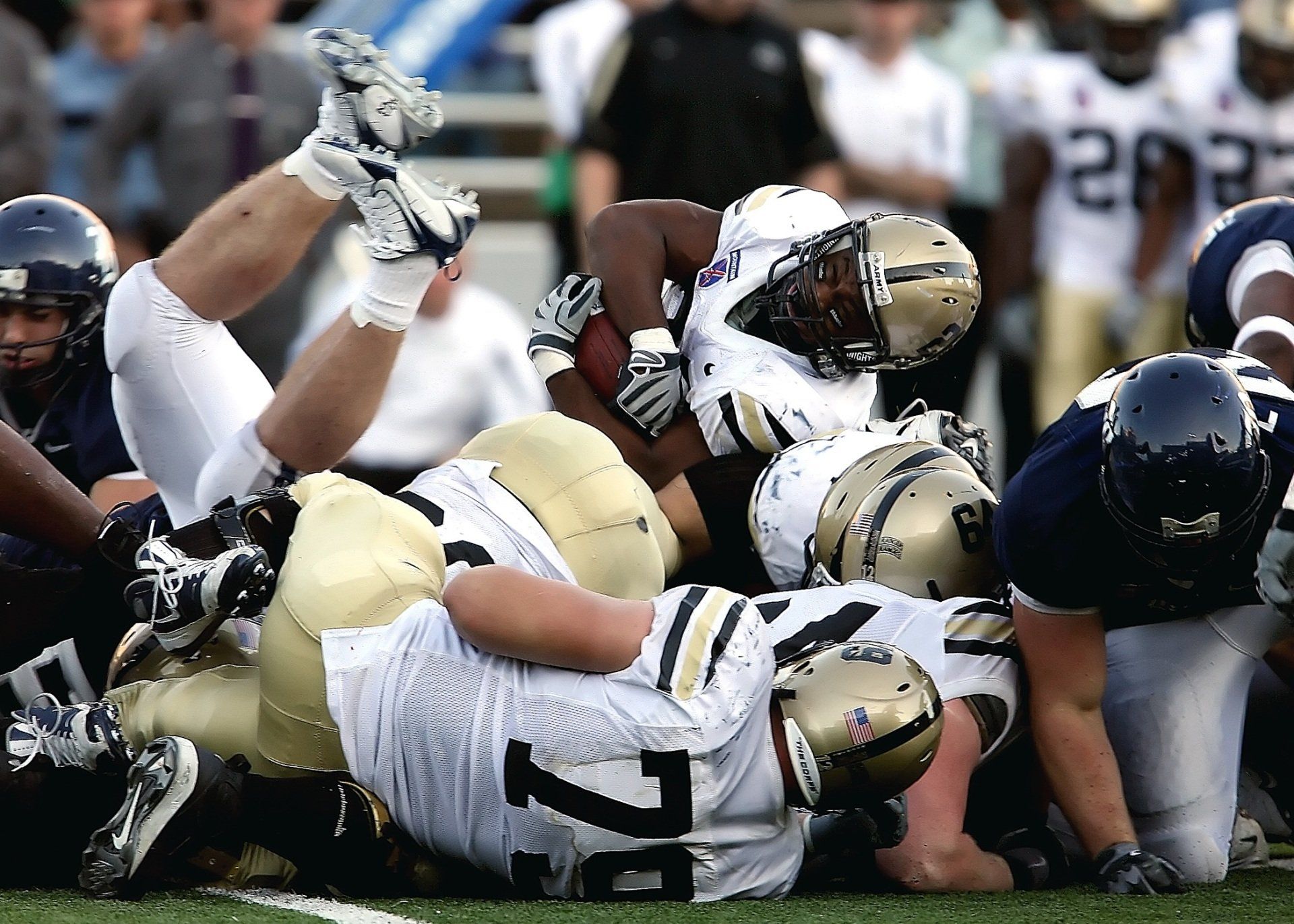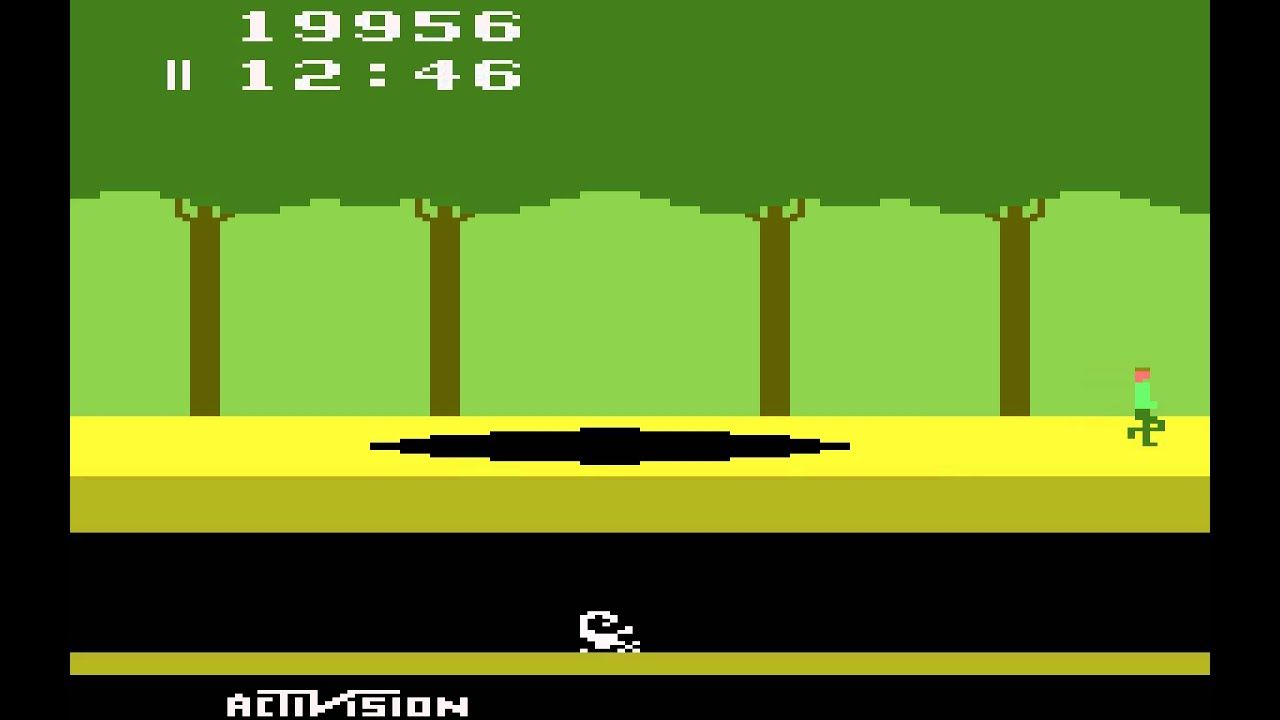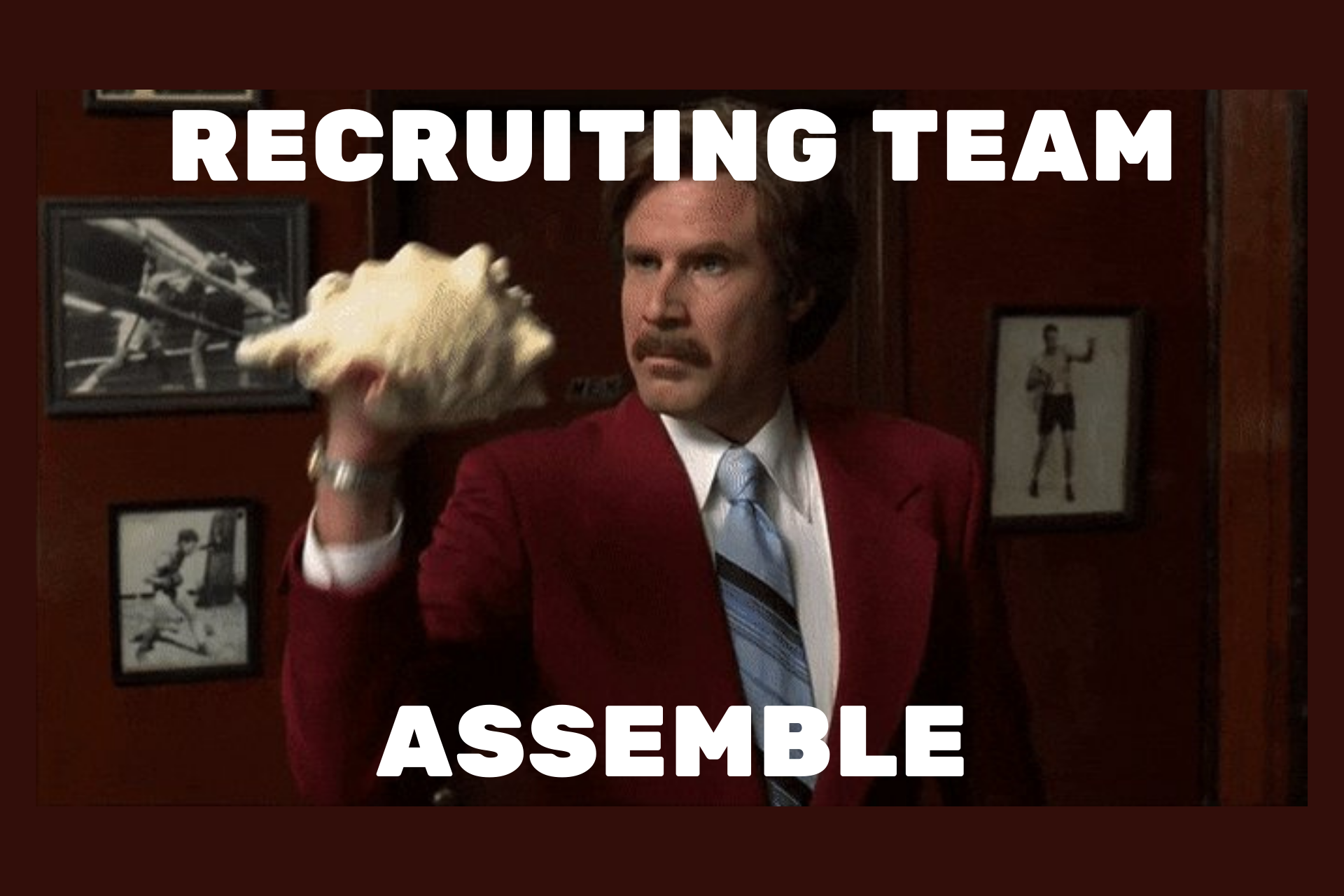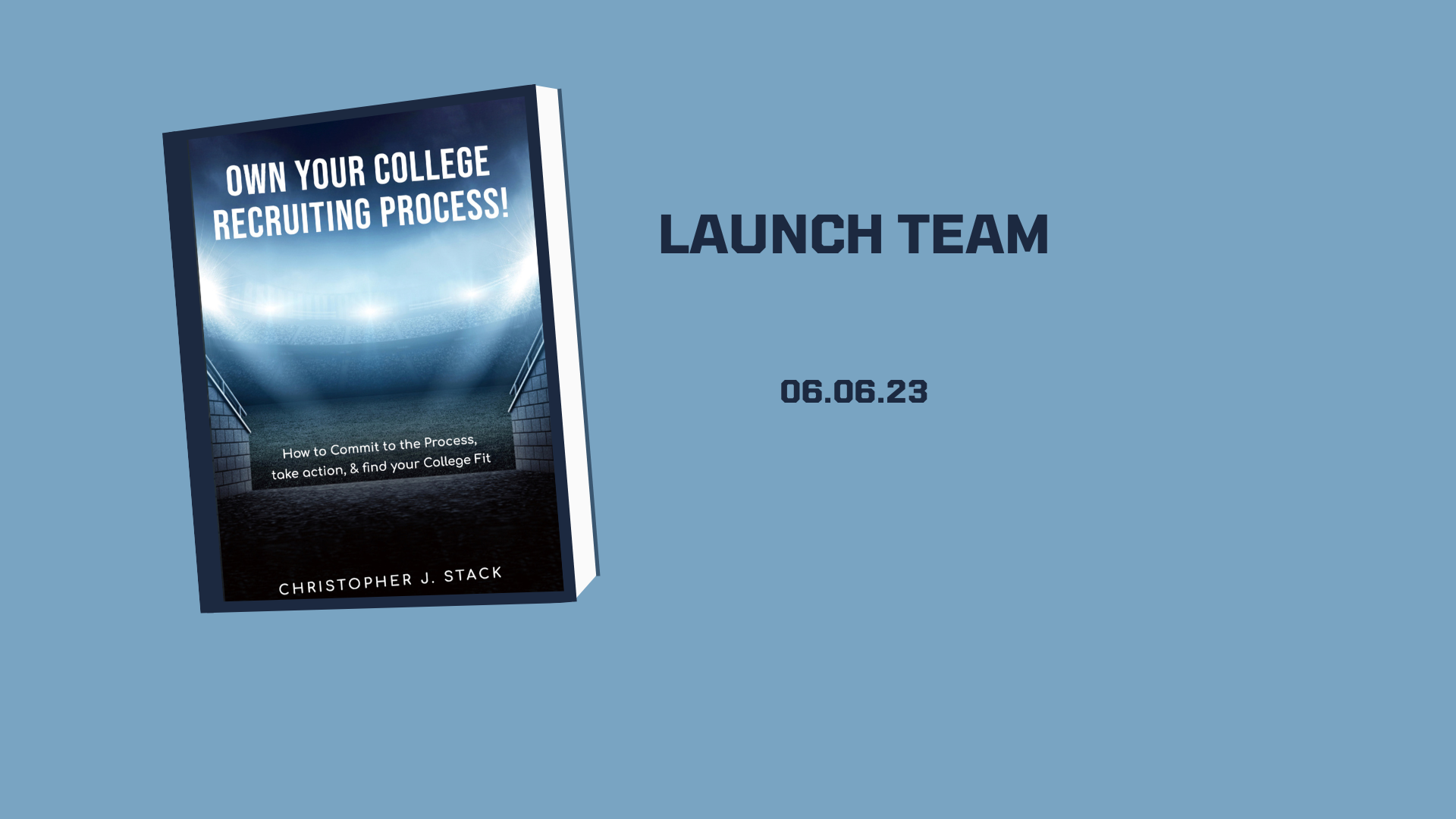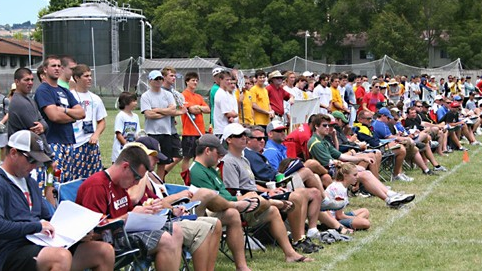Recruiting is a 2 Way Street
This is a subtitle for your new post

There are many kids who dream of playing college sports around the country. Those same kids have visions of that big time signing day with the fan fare and press. Those events are very real. But for most high school student athletes the decision and opportunity to play in college is a daunting and confusing task.
HERE IS THE TRUTH
Recruiting is just as much the responsibility of the student-athlete as it is on the athletic program. Coaches cannot possibly identify every athlete no matter how many events they attend, no matter how many camps they attend, and no matter how many programs they sign up for to guarantee recruitment. Simply put, athletes and programs need to find each other.
College Recruiting is a 2 Way street. As much as college coaches are recruiting student-athletes, the student-athlete has to recruit the coach and the program. The athlete will do most of the work, but for something as incredible as playing college sports they should work for it. That includes on the field, in the classroom, as well as the preparation process and the research of schools, programs, and coaches.
RECRUITING A PROGRAM
We all know what a college coach recruiting a student-athletes entails but how does a Student-Athlete recruit a program or coach? From a coaches perspective It is important to look at what the student-athlete can bring to the program but what might be overlooked in the “process” is what can the program do for the student-athlete.
Here are some tips to help you Recruit a Program
ESTABLISH YOUR GOALS
The first step is establishing your goals and determine what you are looking for in terms of your student-athlete experience. What do you want to get out of your college experience? You want to find a school that will help you develop academically, athletically, and personally. So, answering that question will help paint a much clearer picture in the decision making process.
2. RESEARCH -
Gathering as much information about the school, the program, and coach will be high on the priority list as you begin the process. I recommend to begin with the school and make sure it fits your academic and personal preferences, size, setting, location, social atmosphere, extracurriculars, etc. Next, to turn your attention to the program. Is it the level of play you are looking for? How many players are they looking for in your recruiting class? What positions? How many players on the roster at your position are contributing on the field? Is there an All-Conference or even All-American you would have to compete with for a couple of years. Look deeper into the stats, where is the program lacking and where do you think you can add value? Once you discover that info you need to sell yourself to the coach so the coach realizes they need you just as much as you need them. A student-athlete who has confidence in who they are both on and off the field and can show that to a college coach will be extremely coveted.
Another piece that might be overlooked is you need to get out and watch college games. If you have the opportunity, watch different levels of play so you can compare the speed, intensity, and skill level to your own.
Lastly, look at the coach. What is his/her coaching style or philosophy. Do they align with your core values and playing style? What do other players say about the coach? This might be harder info to track down but there are resources you can utilize. Visit www.lrt-sports.com to check out the college coach ratings and see what their current and former players are saying about the coach.
3. SEND QUALITY NOT QUANTITY
As much as college recruiting is a numbers game, quality is far more important than quantity. Write a personalized letter to each coach and program you are interested in rather than sending a generic email to 50 schools. Send 20-30 personalized letters explaining why you are interested in that program and what value you can add both on and off the field.
4. VISIT CAMPUS
There is no substitute for visiting a college and getting a feel of what campus life is like. The campus visit is an integral part of the recruiting component. Consider it a fact finding mission. You want to discover as much about the school, program, and coach While on campus. You want to do and see as much as possible. A campus visit is typically the first time you will have face to face interaction with a college coach so you want to make a good first impression. On your visit come prepared with lots of questions for everyone you will interact with including admissions staff, academics personnel, Athletics administration, coaching staff, and if possible current players.
Don’t be a spectator in your recruiting process! Get off the sidelines and engage in your future. Be proactive! Attend Showcases, tournaments, and camps. Contact College Coaches. Visit colleges. Want to learn more about the college recruiting process visit www.GuidingFutureStars.com
and grab your copy of the Designing Your Pathway to College Sports workbook to get started on your journey to play college sports.
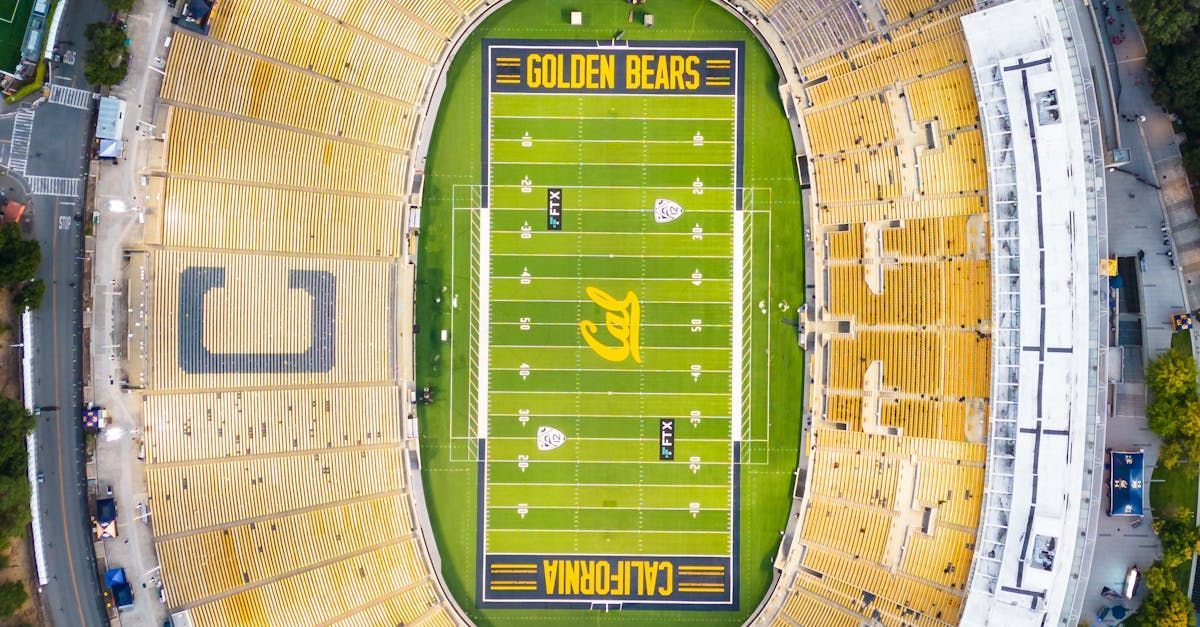
The recruiting landscape for high school student-athletes is on the cusp of a significant transformation. Recent NCAA lawsuits and rulings have far-reaching implications that will change the way colleges recruit, distribute scholarships, and compensate athletes. As the dust settles, here's how these changes will impact the future of recruiting: Employee Status: A Game-Changer The recent ruling that grants employee status to college athletes will revolutionize the recruiting process. Colleges will now need to consider the financial and legal implications of employing student-athletes. This shift will likely lead to: - More emphasis on compensation packages and benefits - Changes in scholarship models and revenue sharing - Increased focus on athlete welfare and support services NCAA Athletes as Employees: Recent Ruling and Implications* A U.S. appeals court in Philadelphia ruled on July 11, 2024, that college athletes whose efforts primarily benefit their schools may qualify as employees deserving of pay under federal wage-and-hour laws ¹. This decision means that a test should be developed to differentiate between students who play college sports for fun and those whose effort "crosses the legal line into work" ¹. - Implications This ruling has significant implications for the NCAA and its long-standing concept of amateurism ¹. If athletes are considered employees, they may be entitled to compensation, benefits, and legal protections ². However, NCAA officials argue that this could harm student-athletes' experiences and create financial burdens for schools ¹. - Ongoing Debate: This issue is part of a broader debate about the rights and compensation of college athletes ². Some argue that athletes should be paid for their labor, while others believe that compensation could undermine the amateur nature of college sports ³. The National Labor Relations Board is also considering whether college athletes should be considered employees under federal labor law ². - Potential Consequences If athletes are classified as employees, schools and the NCAA may face substantial back pay claims from current and former athletes ⁴. This could lead to significant changes in the way college sports are structured and financed ². However, others argue that this could lead to unintended consequences, such as schools only funding profitable sports or detracting from the overall educational experience ². The Impact of New Ruling on Future College Rosters Reduced Roster Sizes Increased Injuries and Mental Health Issues Compensation and Benefits The impact of the new ruling on future college rosters is uncertain, with ongoing debates and discussions among coaches, administrators, and athletes ⁶. The new ruling's impact on future college rosters will likely unfold in the coming months and years. Name, Image, and Likeness (NIL): A New Recruiting Tool With the introduction of NIL guidelines, colleges can now use an athlete's marketability as a recruiting selling point. This will lead to: - Increased emphasis on social media presence and personal branding - Colleges highlighting their ability to help athletes build their NIL - More creative and lucrative endorsement opportunities Roster Size and Scholarship Implications Reduced roster sizes and changes in scholarship models will impact the number of available spots for incoming recruits. This will lead to: - Increased competition for fewer spots - More emphasis on early recruiting and commitments - Potential for more athletes to consider alternative routes like junior college or NAIA Recruiting Strategies: Adapting to the New Landscape Colleges will need to adapt their recruiting strategies to stay competitive. This may include: - Earlier identification and recruitment of top talent - More personalized and holistic approaches to recruiting - Increased focus on athlete development and support services The Student-Athlete Experience: A New Priority With the emphasis on athlete welfare and support services, colleges will need to prioritize the student-athlete experience. This will lead to: - Increased focus on academic support and resources - More emphasis on mental health and wellness programs - Colleges highlighting their commitment to athlete development and success beyond sports The future of recruiting high school student-athletes will be shaped by the evolving NCAA landscape. As colleges navigate these changes, they'll need to prioritize creative recruiting strategies, athlete welfare, and support services to attract top talent. Student-athletes, in turn, will need to be more proactive in their recruitment, considering factors beyond just athletic development. As the recruiting landscape continues to shift, one thing is certain – the future of college sports will be shaped by these transformative changes. Sources: Appeals court rules NCAA Athletes may qualify as employees - www.insidehighered.com NCAA Student-Athletes as Employees Case is Pandora's Box - news.bloomberglaw.com Are College Athletes "employees" of their school? - www.marketplace.org Pay to Play? Third Circuit Holds NCAA Athletes can be Considered Employees - www.littler.com


